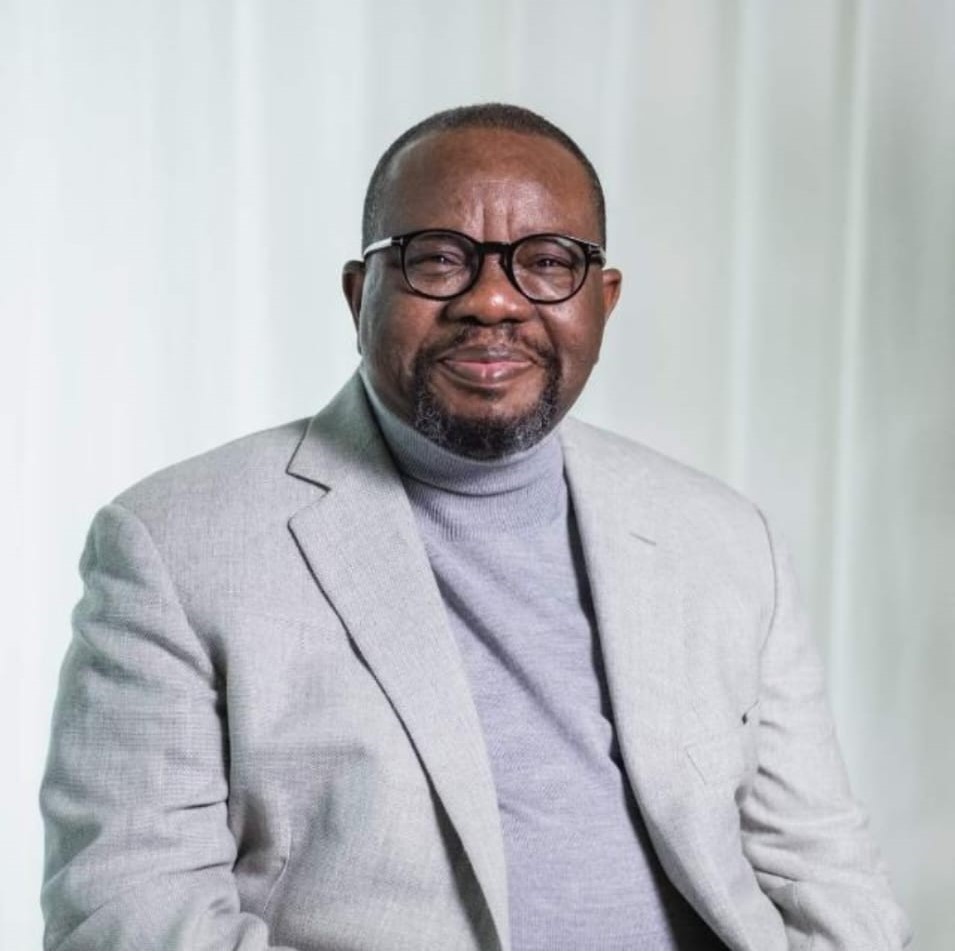Copyright thebftonline

By Dela EVANS For some time now, I’ve been in conversation with friends across the diaspora, wrestling with a question that haunts many of us: What is Ghana’s greatest problem? The answers often begin with economics—imbalances, inflation, unemployment, debt. These are real and pressing. But I believe they are symptoms, not the root. Beneath the surface lies a deeper fracture: the erosion of our national identity, our patriotic spirit, our belief in self-worth, and our capacity for self-redemption. Ghana, I fear, has lost its story. Every enduring nation is built on a myth—a foundational narrative that binds its people, fuels their aspirations, and gives meaning to their sacrifices. The Jews have their covenant as God’s chosen people. Americans rally around the ideal of liberty and equal rights. The Ashanti reveres the Golden Stool as the soul of their nation. Even the Dutch find unity in orange. These myths are not lies. They are truths made sacred by repetition, belief, and action. Ghana once had such a myth. The Black Star. A symbol of Pan-African leadership, of hope, of destiny. It was meant to shine as a beacon for the continent—a reminder that we were the first to rise, and that others would follow. But somewhere along the way, we forgot what the Black Star meant. We stopped telling its story. We failed to nurture it. And yet, black stars exist in the universe. They are real—dense, powerful, radiant in their own way. As the Guinness advert reminds us: Black shines brightest. But only if we believe it. Only if we live it. The imperative of national identity and patriotism A myth cannot survive on memory alone. It must be loved, lived, and defended. It must be enacted through achievement, through service, through shared rituals and national pride. It must be institutionalized—woven into our education, our media, our governance. It must be reflected in the lives of our heroes, our artists, our innovators. And it must be inclusive embracing every tribe, every region, every citizen. Patriotism is not blind loyalty—it is the conscious choice to believe in Ghana’s potential, to invest in its future, and to defend its dignity. National identity is not a slogan—it is a lived experience, shaped by culture, history, and shared purpose. Leadership is not merely about authority—it is about shaping identity, guiding imagination, and anchoring collective purpose. National leadership must therefore serve as the custodian of a nation’s myth, the architect of its aspirations, and the steward of its soul. Building on this, national leadership must do more than manage policy or resources. It must capture the national consciousness, ignite the imagination, and redirect the moral and mythic center of the nation toward development. This involves: Narrative stewardship – Leaders must articulate a compelling story of who we are and who we aspire to be—one that transcends tribal, regional, or partisan divides. Institutional embodiment – They must embed this narrative into education, media, and governance, ensuring it becomes a lived experience rather than a rhetorical flourish. Symbolic action – Through rituals, public service, and national achievements, leadership must make the myth tangible—visible in the lives of citizens and the symbols of the state. Inclusive visioning – Leadership must embrace every citizen, every region, every heritage, weaving them into the national tapestry without erasure or hierarchy. Self-worth and self-redemption as national virtues We must teach every Ghanaian—young and old—that they matter. That their story is part of the national story. That their dignity is non-negotiable. That redemption is possible—not just for individuals, but for nations. Self-worth is the foundation of citizenship. Without it, we cannot build trust, unity, or resilience. Self-redemption is the act of reclaiming our destiny, of rising from setbacks, of choosing hope over despair. Economics as pathway, not destination Development metrics are guideposts, not goals. They must serve a larger vision—a mythic purpose that gives meaning to growth. Without this, economic progress risks becoming fragmented, tribalized, or hollow. Without a shared story, we remain a collection of communities, not a nation. Ghana’s modern nationhood was built atop colonial scaffolding—an alien superstructure imposed on a fragile base. If we are to truly become one people with one destiny, we must root our future in something deeper. We must revive the Black Star—not just as a symbol on our flag, but as a living myth that animates our national purpose. Resetting statehood and rebuilding statecraft – A path to Ghana’s renewal To restore Ghana’s soul and rebuild its statehood, we must embark on a deliberate journey of cultural, civic, and institutional renewal. This journey begins not with policy alone, but with purpose—with a reawakening of the mythic identity that once bound us together. We must first reframe our national myth. The Black Star must be reclaimed not merely as a symbol on our flag, but as a living emblem of excellence, unity, and destiny. It must be embedded in our civic education, celebrated in our public rituals, and woven into the stories we tell ourselves and our children. The myth must become a compass—guiding our aspirations and reminding us who we are and what we stand for. Patriotism must be institutionalized—not as blind loyalty, but as active citizenship. We must create national service programs that invite every Ghanaian to contribute meaningfully to the country’s progress. We must elevate civic heroes—teachers, nurses, artisans, and innovators—whose everyday acts of service embody the spirit of the Black Star. Patriotism must be felt not only in moments of crisis, but in the quiet dignity of daily contribution. To build a resilient nation, we must cultivate self-worth. Our education system must be reformed to emphasize dignity, creativity, and agency. Every Ghanaian must grow up knowing they matter—that their voice, their culture, and their dreams are part of the national story. We must promote inclusive narratives that reflect the full spectrum of Ghana’s ethnic and regional identities, affirming that unity does not require uniformity. We must also design for redemption. A nation that cannot forgive, cannot heal. We must build systems that offer second chances—through entrepreneurship, innovation, and civic engagement. Public forgiveness and reconciliation must be embraced as tools of healing, not weakness. Ghana must become a place where failure is not final, and where redemption is a national virtue. Statecraft itself must be reimagined. Governance must evolve from transactional management to transformational leadership. Our institutions must reflect national values—integrity, service, and vision—not just technical efficiency. Leadership must be rooted in purpose, not patronage. Policy must be guided by principle, not expediency. Finally, we must foster cultural confidence. Ghanaian art, language, and philosophy must be elevated as pillars of identity. Our media must affirm Ghanaian values and aspirations, not merely echo foreign narratives. Cultural confidence is not isolation—it is the foundation of authentic global engagement. These are not abstract ideals. They are actionable pathways. They are the scaffolding upon which a new Ghana can be built—one that shines with the light of the Black Star, not only in symbolism, but in spirit Conclusion – Toward a cohesive future This is not nostalgia. It is strategic renewal. It is a call to reimagine Ghana’s soul. Let us tell the story of the Black Star again. Let us teach it, sing it, live it. Let us build institutions that reflect its promise. Let us celebrate those who embody its light. And let us remind ourselves—and the world—that Ghana still shines. That the Black Star still burns. And that when we believe in it, it shines brightest of all. >>>The writer is a retired C-suite consultant and certified expert in Change Management and Transformation Strategy. As the founder of Ghana Change Academy, he now channels this expertise into advancing governance, national identity, mindset transformation, and citizen-centred development. Ghana Change Academy is a premier development institute committed to shaping Ghana’s socio-economic evolution through strategic innovation, capacity building, and inclusive leadership. We engage decision-makers, institutional partners, and visionary citizens in reimagining Ghana’s future. Become a member today and join a growing movement to institutionalize restore national identity and build resilient systems for Ghana’s renewal and national development. Email: [email protected]



